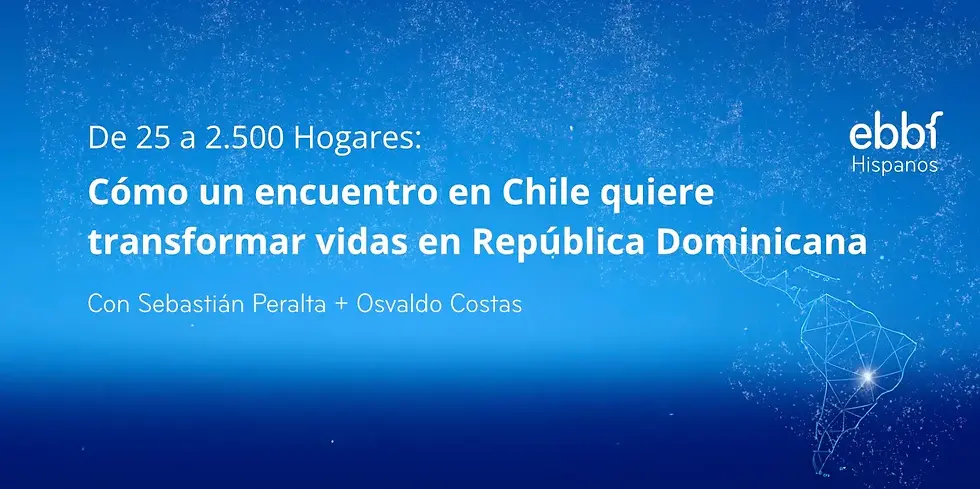London – Jelena Hercberga asks why does it take a crisis to push change in us? first ebbf brea
- Mar 9, 2016
- 2 min read
Jelena Hercberga, one of the co-organizers of the first ebbf london breakfast, shared some personal takeaways from that first ebbf event
“Is it our nature to take precautions only after harm has been done?
As individuals and organisations around the world are mobilising and uniting in the response to the current economical, ecological and perception crisis, I wonder whether it is in our human nature to lock the stable door only after the horse has bolted?
Last Wednesday we held our first “Breaking Bread” discussion – a joint project between ebbf and the Impact Hub King’s Cross London, aiming at exploring the theme of collaboration and partnership, as well as at understanding how we can collaborate better as a society.
As we were talking to John Steel, CEO of Café Direct, and exploring the theme on the example of the Fair Trade business model, I learnt that Café Direct is yet another positive initiative that was born out of the crisis.
Here is what Café Direct say about their creation:
We were born following the coffee crisis in 1989 when an international coffee agreement, which had fixed global
prices according to the cost of production, collapsed. Middlemen swooped in to buy the coffee and the lives of millions of smallholder farmers around the world was in jeopardy as they were left with no choice, but to sell their harvests at rock bottom prices.
In response, three coffee growing communities from Peru, Costa Rica and Mexico each shipped a single container of coffee, loaned on trust, to the UK. The beans were roasted and sold through church halls, charity shops and at local events. And so Café Direct was created.

first ebbf london breakfast at the Impact Hub King’s Cross
The story reminded me about a year-old event in my life, when a road accident (not serious, yet impactful) made me finally buy a bicycle helmet and start being all eyes and ears while cycling in the city.
So, I became interested to understand whether we, as individuals and as society, always need to hit rock bottom to start rethinking our behaviour and acting in a different way?
Does it take the current humanitarian, ecological and economical crisis to finally start recognising flaws in how we do business, how we operate as society, how we treat each other and the planet, how we raise our children, etc., etc., etc.?
Is it our human nature to wait until we have an accident to go and buy a helmet? Can we do better than that?



Comments